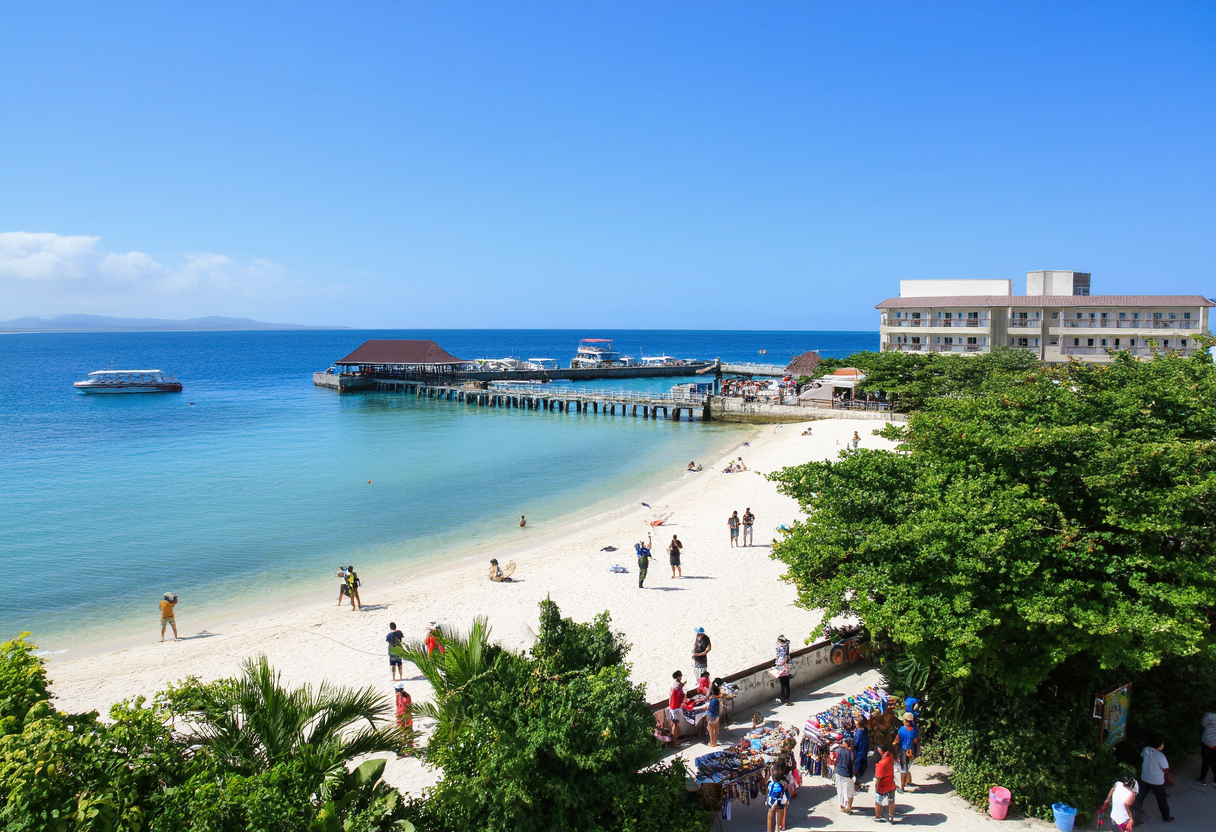The Impact of Island Tourism on Local Economies
Island tourism serves as a critical economic driver for numerous island nations and regions. This article explores how the influx of tourists affects local economies through job creation, infrastructure development, and cultural exchanges. We scrutinize the sustainability of these economic benefits, addressing challenges such as over-tourism and environmental degradation. Understanding these dynamics is essential for developing sustainable island tourism strategies that support both economic growth and community well-being.
Introduction to Island Tourism
Island tourism represents a unique facet of global travel, attracting millions of visitors to scenic coastlines, vibrant cultures, and lush natural environments. The allure of these islands fosters an economy heavily reliant on tourism, with many nations experiencing a significant boost to local economies through this influx. However, the dual nature of island tourism can lead to both benefits and challenges that local communities must navigate thoughtfully. It is essential to explore how island tourism shapes economies while safeguarding cultural and environmental integrity.
Economic Growth and Job Creation
The economic growth spurred by island tourism is often manifested in the creation of job opportunities for local residents. Numerous sectors, including hospitality, transportation, and retail, thrive due to the high demand for services from tourists. Consequently, this influx not only offers direct employment but also stimulates the development of ancillary businesses, contributing to a more robust local economy. Nevertheless, a heavy reliance on tourism raises questions about job stability, particularly during off-peak seasons, leading to potential financial uncertainties for families dependent on this income stream.
Infrastructure Development and Investment
Further examining island tourism reveals that it often prompts significant infrastructure investments. Governments and private enterprises are incentivized to improve transportation systems, utilities, and health care facilities to accommodate the growing number of visitors. Such investments typically benefit both tourists and local residents, fostering improved living conditions and public amenities. However, short-sighted development focused solely on tourists can have dire consequences, undermining long-term sustainability and potentially harming local ecosystems.
Cultural Exchange and Preservation
Island tourism also serves as a conduit for cultural exchange, allowing visitors to experience and appreciate local traditions and lifestyles. This cultural interaction can lead to a mutual understanding and respect between tourists and host communities. However, the challenge lies in preserving authenticity amidst commercialization. As local cultures adapt to cater to tourists, there is a risk that these traditions become diluted, losing their original meaning. Thus, finding a balance between showcasing culture and maintaining authenticity is crucial for successful island tourism.
Environmental Considerations in Island Tourism
The environmental impact of island tourism is significant, affecting ecosystems heavily reliant on both land and marine resources. Issues such as beach erosion, wildlife disruption, and pollution are often exacerbated by tourist activities. Sustainable tourism practices must therefore be implemented to mitigate these challenges. Engaging local communities in conservation efforts not only educates them about the importance of environmental stewardship but also empowers them to take an active role in protecting their natural heritage, thus ensuring long-term viability.
Conclusion: The Future of Island Tourism
In conclusion, island tourism presents a complex interplay between economic benefits and potential detriments to local communities and ecosystems. While it undeniably stimulates job creation and infrastructure development, careful management is necessary to preserve cultural integrity and safeguard the environment. Future strategies should prioritize sustainability, ensuring that both tourists and local residents can thrive. By embracing responsible tourism practices, island destinations can maintain their charm while fostering enduring economic growth.
